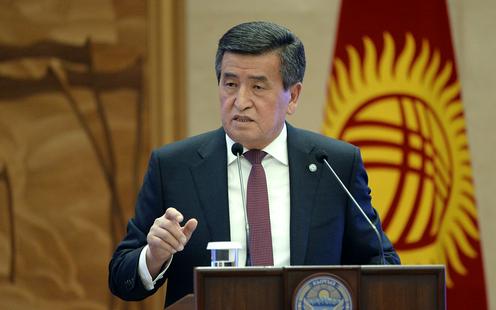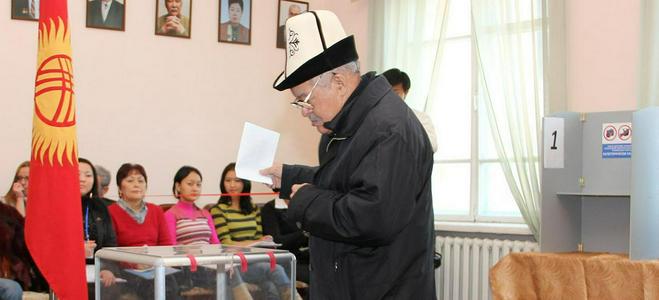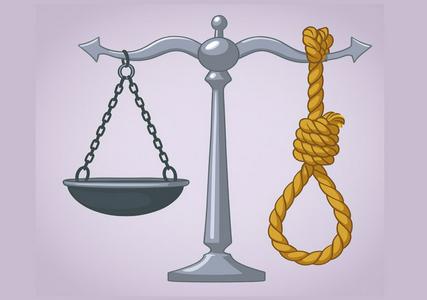The President of Kyrgyzstan, Sooronbay Jeenbekov has signed into law a total ban on the exploitation of uranium and thorium in the country, it was announced on the head of state’s website on 16 December.
The country’s Jogorku Kenesh (parliament) approved the draft law as far back as 31 October, but its final signature by the president was delayed. Now the law is set to be officially published. 15 days after this, the document will come into effect.
The bill was opposed, notably, by the chairman of the central committee of the Mining and Metallurgical Trade Union of Kyrgyzstan, Eldar Tajibaev. He argued that the new law threatens the existence of the entire mining industry in the country. Uranium and thorium are often present amongst other minerals and extracted as by-products. Besides this, the prohibition on the processing of even imported uranium will lead to the closure of the Kara-Balta processing complex, one of the oldest enterprises in the country.
Lawyers for the Kara-Balta processing complex and the mining company EurAsia in Kyrgyzstan have said they will contest the uranium and thorium ban in the courts.
The “Uranium scandal” in Kyrgyzstan erupted in the spring of 2019, when rumours spread that extraction of the radioactive mineral had begun at the Tash-Bulak mine. It emerged that the work was undertaken by EurAsia in Kyrgyzstan and a key investor in the project was the Central Asian Uranium Company, a shareholder of the Kara-Balta complex. Following public protests, the government halted work at Tash-Bulak and the Jogorku Kenesh later announced a total ban on extraction. This decision was approved by the government. In June, a draft law banning the extraction of uranium and thorium was presented to parliament. The government asked deputies to soften the law but were met with refusal. Meanwhile, in August, an interdepartmental commission conducting a review of Tash-Bulak declared the site safe.










